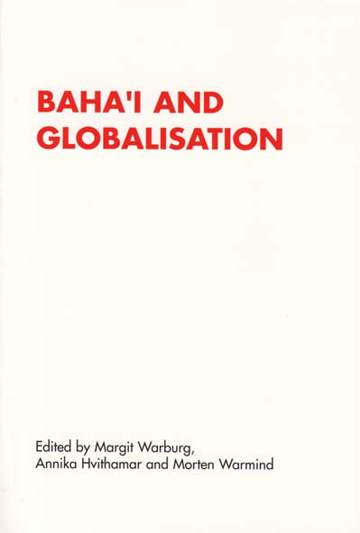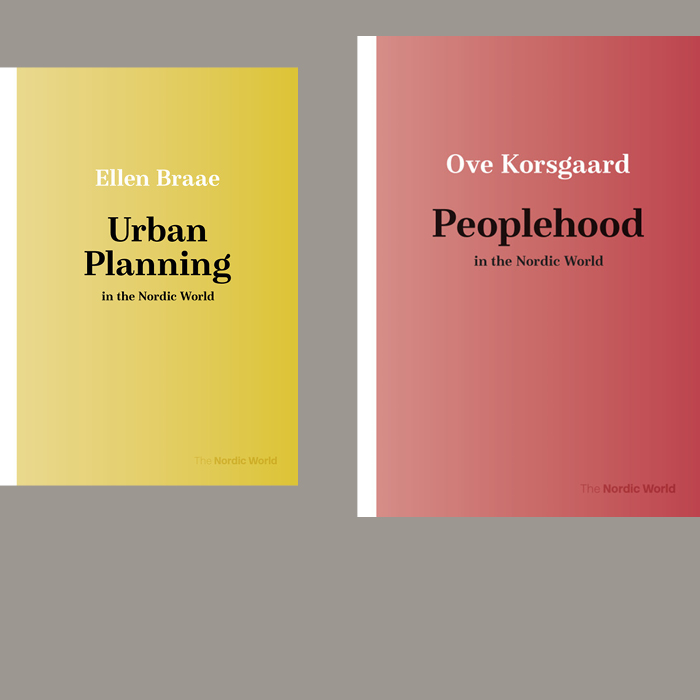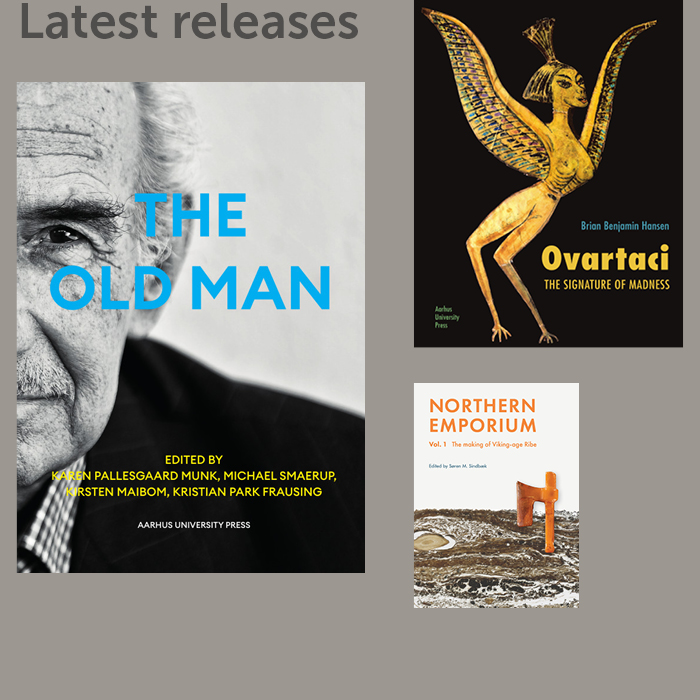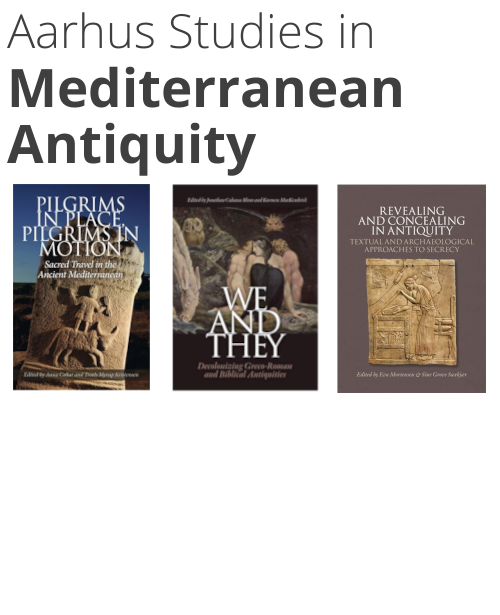
Baha'i and Globalisation
A part of the subject area Religion
Out of stock
Edited by
Annika Hvithamar,
Margit Warburg and
Morten Warmind
With contributions by
Juan R.I. Cole,
Lynn Echevarria,
Will van den Hoonaard,
Stephen Lambden,
Todd Lawson,
Zaid Lundberg,
Denis MacEoin,
Sen McGlinn,
Moojan Momen,
Wendi Momen,
David Piff,
R. Stockmann,
Fereydun Vahman,
Margit Warburg and
Morten Warmind
More about the book
About the book
In this volume of the RENNER series on new religion, the issue of religion and globalisation is treated with a single religion as the recurring example. The Baha'i religion has been carefully chosen for this context. Few other religions express so clearly in their doctrines the view that the world should be unified, politically and religiously. These globalist views can clearly be traced historically all the way back to the origin of the religion in Iran in the mid-nineteenth century. The Baha'i religion developed with the emerging globalisation in the second half of the nineteenth century, and the Baha'i interaction with the globalised world suggests a general pattern for many religions. Likewise, globalisation presents the Baha'i organisation with new challenges.
The book contains a selection of fifteen contributions from an international group of scholars studying the Baha'i religion. In preparing for the symposium that preceded this book, they were all challenged with the task of writing on Baha'i and globalisation, using their different academic backgrounds and their particular expertise in the history and sociology of the Baha'i religion. The outcome of this exercise is the first comprehensive treatment of the Baha'i religion viewed in the light of globalisation.
For purchases outside of Denmark:
If you are located in the USA or Canada, please contact our US distributor, Longleaf Services, at orders@longleafservices.org or +1 919-503-6590.
For purchases in all other countries, you can find the title through our global distributor, The Mare Nostrum Group, here: https://mngbookshop.co.uk




